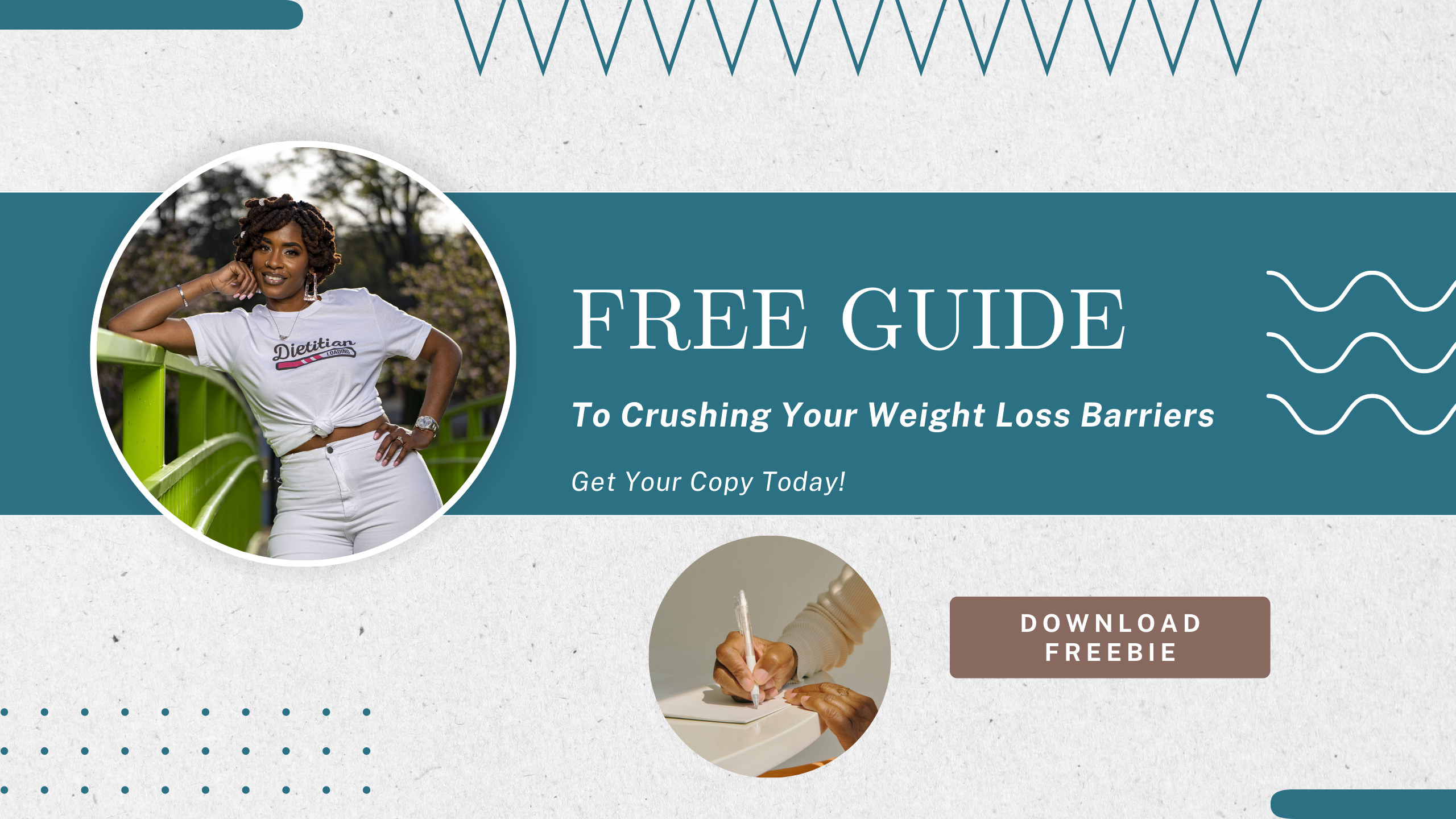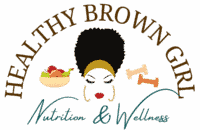
Table of Contents
Have you ever wondered about the disadvantages of dieting?
It seems that every year, there is some new trendy diet that promises to solve all your weight problems. There was a low-fat craze 20 years ago, and now high-fat diets like paleo and keto are leading millions to eat like our hunter-gatherer ancestors did. Except we live in the 21st century, where we don’t hunt nor gather.
Nevertheless, we are all out here, trying to do the best we can. So if a bacon-filled low-carb diet fulfills your every diet desire, do you boo!
But for those of us who have tried every diet out there only to have minimal to no long-term results, we are now left wondering what are the disadvantages to dieting? Am I doing more harm than good to my body? Myself included! Just check out my blog about my experience with intermittent fasting a few years back, where I detail my own diet rollercoaster.
In this article, we will discuss some of the disadvantages of dieting and offer some alternatives to consider.
1. The Pitfalls of Traditional Dieting
Truth be told, diets don’t work. At least not long-term. A research study determined that only approximately 20% of dieters are actually successful at maintaining long-term weight loss.1 While those success stories should be celebrated, the reality is that most of us—80% of us—will likely regain all the weight lost within 2 years.
Does that make us failures? Not at all. I believe that diets are the problem, not people.
In a recent systematic review of 121 controlled trials, fourteen popular diets were assessed, including the Atkins diet, Jenny Craig, DASH, the beloved Mediterranean diet, and Weight Watchers. While improvements were noted at 6 months for those programs, researchers determined that at the 1-year mark, all the weight lost on any of these diets was regained, metabolic health was not improved, and there were no significant health benefits attributed to any of these diets.2
This is where the term, yo-yo dieting comes from. Yo-yo dieting refers to the repeated cycle of losing weight through restrictive diets, only to regain it shortly after. This pattern not only takes a toll on our physical health but also affects our mental well-being.
Most, if not all, “popularized” diets are restrictive in one way or another, with some being more restrictive than others. These restrictions can be a hurdle for many dieters who are not fully prepared for a sudden reduction in caloric intake that in some cases can be drastically lower than what is healthy.
2. Emotional Implications
Have you ever been on a diet that turns you into an obsessive calorie-counting monster? Monitoring every bite as if your worth depended on it?
One often overlooked aspect of traditional dieting is the emotional toll it takes. Constantly being on a diet, restricting certain foods, and obsessively counting calories can lead to feelings of deprivation, frustration, and low self-worth. The emotional highs and lows associated with weight fluctuations can impact self-esteem and contribute to a negative relationship with food.
Dieting can also trigger or exacerbate emotional eating. When faced with stress, boredom, or other emotions, individuals may turn to food for comfort, undoing any progress made. This creates a cycle where emotions and eating habits become intertwined, making it challenging to establish a healthy and balanced approach to food.
Diets have also been shown to cause an unhealthy obsession with food. In one small study, 36 men were put on a diet where the goal was for them to lose at least 25 percent of their body weight.3
During the starvation phase of this study, their caloric intake was cut down to approximately 1600 calories per day, which is higher than many standard weight-loss diets today. During this phase of the study, they reported obsessing, dreaming, reading, and fantasizing about food. They also reported irritability, depression, and apathy.
These emotional implications should be considered, especially if you are going into a diet with an already unhealthy mindset or an unhealthy relationship with food.
3. Physical Implications
Beyond the emotional strain, traditional diets can have a significant physical toll on the body.
Rapid weight loss, which is common in many fad diets, may lead to nutrient deficiencies, muscle loss, and a slowed metabolism. These physical consequences not only hinder long-term weight maintenance but can also jeopardize overall health.
Additionally, diets that emphasize extreme restrictions or eliminate entire food groups may lack essential nutrients, affecting energy levels and cognitive function.
Lastly, the constant cycle of weight loss and gain associated with traditional dieting can contribute to a weakened immune system and increased susceptibility to illnesses like the flu.
4. The Link between Emotions and Dieting
There’s a profound connection between emotional struggles and dieting that often goes unnoticed. Emotions like dissatisfaction with your body, peer pressure to look a certain way or have a celebrity body, or a desire for acceptance are common motivators for people to start diets. However, the very act of dieting can amplify these emotional struggles rather than solve them.
The cycle of success and failure, coupled with societal expectations around body image, can lead to feelings of guilt, shame, and inadequacy. This emotional rollercoaster can create a negative feedback loop, where emotional struggles trigger dieting attempts, and the perceived failure of those diets exacerbates emotional distress.
Understanding and addressing this link between emotional struggles and dieting is crucial for fostering a healthy relationship with both food and emotions. It emphasizes the importance of adopting approaches that focus on overall well-being, self-acceptance, and sustainable lifestyle changes rather than quick-fix dieting solutions.
If you have found yourself in this emotional loop, check out my free guide below to help address weight loss barriers associated with your emotions:

5. Alternative Approaches
So, here we are, stuck in a cycle of dieting that seems to offer a glimmer of hope only to snatch it away, leaving us feeling defeated and questioning our willpower.
Instead of constantly searching for the next best diet, a better approach would be to shift focus away from the number on the scale and toward learning how to make sustainable, long-term lifestyle changes. Here are a few sustainable options:
- Regular moderate-to-high-intensity exercise (HIIT to increase heart rate. Exercise at least 30-40 minutes 3-4x weekly)
- Eating regular, small meals (avoiding skipping meals, especially if overeating is a struggle)
- Managing portion sizes instead of counting calories
- Limiting processed foods
- Increasing vegetable intake (at least 1/2 a plate of vegetables at breakfast, lunch, and dinner)
- Increasing water intake ( at least 1.5L daily)
- Limiting sugar intake
- Limiting fried foods
- Eating more lean meats (reducing red processed meats)
- Eating nutrient-dense foods at mealtimes (i.e. peanut butter, avocados, beans, lean protein, etc.)
- Limiting alcohol intake
Making any of the changes above are effective ways to lose weight gradually and consistently, which truth be told, is the healthy approach. Choosing multiple lifestyle changes increases your chances of significant weight loss and/or fat loss over time if.
Avoiding the disadvantages of dieting by implementing these tips is possible with a little discipline. Its also important to note that you may need to address your emotional health first to ensure you can overcome common challenges associated with long-term habit change.
For help with this and other tips, check out my recent article, 8 Tips for Eating Healthy Eating, for tips on how to implement healthy eating into your lifestyle.
6. Conclusion
So, the next time a friend suggests the latest diet craze, maybe take time to consider all the disadvantages of dieting and look into a different, more wholistic path.
A path that doesn’t promise quick fixes but guarantees a journey towards a healthier, happier you—one where you don’t have to sacrifice the joy of eating for the sake of a number on the scale. Because, after all, life is too short to spend it counting calories and stressing over the next diet fad.
It’s time to break free from the chains of diet culture and embrace a way of living that nourishes minds, bodies, and our souls.
- Wing, R. R., & Phelan, S. (2005). Long-term weight loss maintenance. The American Journal of Clinical Nutrition, 82(1), 222S-225S. https://doi.org/10.1093/ajcn/82.1.222s ↩︎
- Ge, L., Sadeghirad, B., Ball, G. D., Da Costa, B. R., Hitchcock, C., Svendrovski, A., Kiflen, R., Quadri, K., Kwon, H. Y., Karamouzian, M., Adams‐Webber, T., Ahmed, W., Damanhoury, S., Zeraatkar, D., Nikolakopoulou, A., Tsuyuki, R. T., Tian, J., Yang, K., Guyatt, G., & Johnston, B. C. (2020). Comparison of dietary macronutrient patterns of 14 popular named dietary programs for weight and cardiovascular risk factor reduction in adults: systematic review and network meta-analysis of randomized trials. BMJ, m696. https://doi.org/10.1136/bmj.m69610.1136/bmj.m696. ↩︎
- Baker, D. B., & Keramidas, N. (n.d.). The psychology of hunger. https://www.apa.org. https://www.apa.org/monitor/2013/10/hunger ↩︎

I hold an undergraduate degree in Nutrition and Dietetics, and am currently pursuing my masters degree in Positive Psychology. I am also member of The Academy of Nutrition and Dietetics so I can stay up to date on all the latest nutrition news and research. I am dedicated to sharing what I have and am learning both personally and professionally with women seeking to lose weight and improve their lifestyles.
